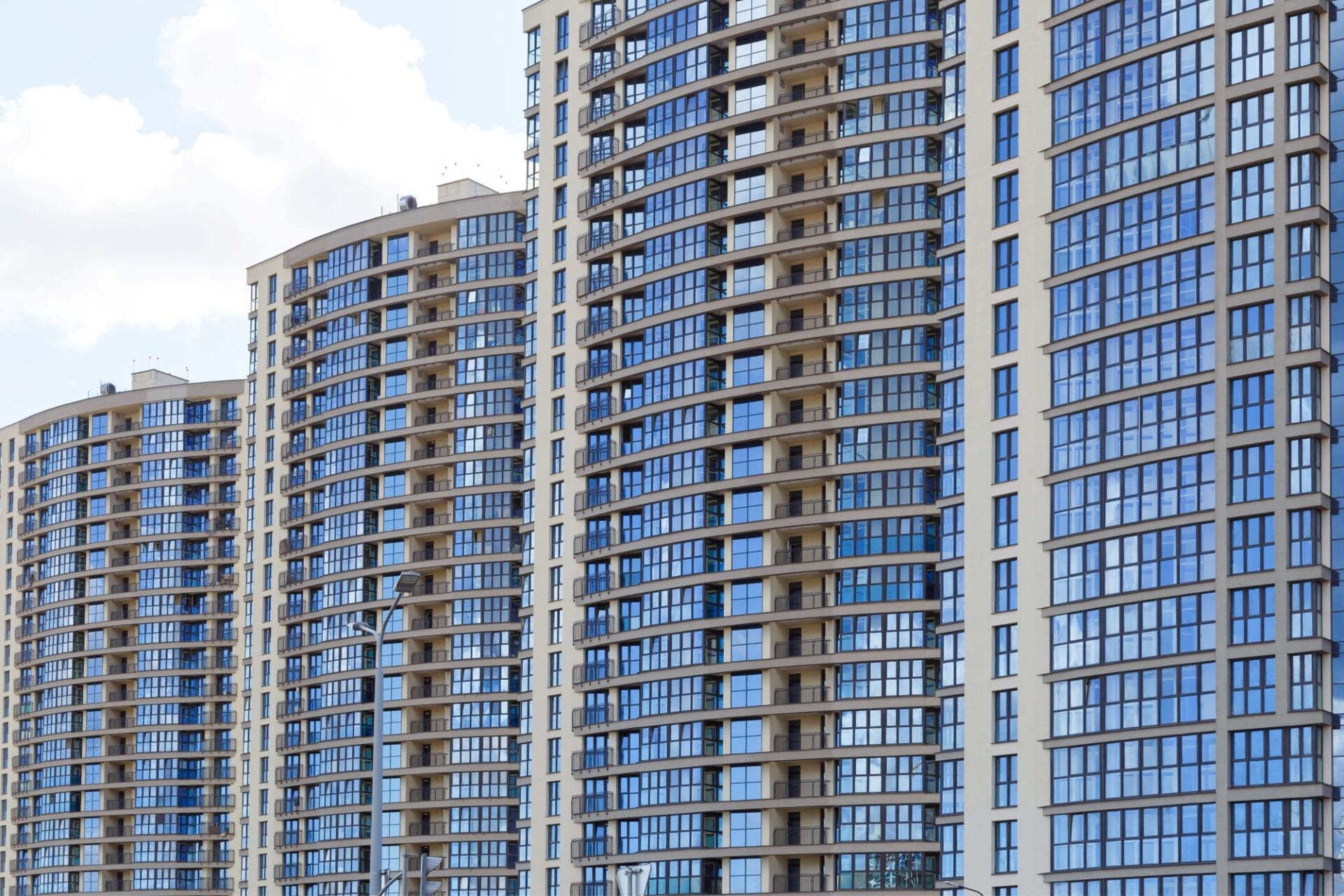Not all HOAs are equal, but it’s really the people that distinguish a good neighborhood from a great one. Debates about the value of HOAs can be polarizing; some people can’t fathom living in a community with rules and fees. However, others understand how beneficial it is to live in a place that is clean, organized and well cared for. These are the types of homeowners that associations want to attract.
Download our free applicant questionnaire
Believe it or not, HOAs are actually growing in popularity. They are especially popular among newly-built homes, meaning prospective buyers have more options to choose from. That also means that HOAs may have to work a bit harder to ensure they are in a position to attract the best candidates.
Tops reasons why buyers want to move into HOAs
Those that are interested in investing in a governed community are generally motivated by some or all of the following points:
The HOA protects property values
Property values are undoubtedly affected by the quality of a neighborhood. So, even if one owner takes good care of their home, the value of their property could be dragged down if their neighbors neglect their homes. Homeowners associations set and enforce rules to prevent property values from declining. These rules help keep homes well maintained and attractive, which in turn keeps property values higher.
HOAs come with desirable amenities
Some HOAs have semi-private amenities including pools, tennis courts and golf courses. These features can add additional value to your home since they are desirable assets. Plus, they give current owners a convenient place to relax, stay fit and connect with other owners.
Fees may include common utilities and maintenance work
In some cases, HOA fees include things like internet service, electricity, snow removal and lawn care. When that is the case, owners only pay one fee in exchange for many different services rather than having to contract with multiple companies and pay for them separately. Owners may actually end up saving money because companies often provide a lower rate to an entire neighborhood.
The HOA may resolve neighborhood disputes
When people live in close proximity to one another, disputes are almost inevitable. Neighbors usually get upset with each other because of excessive noise, because one party has infringed on property that isn’t theirs, or because one party failed to keep the exterior of their home neat and tidy.
Depending on the problem, the board or property manager may address the issue so that you don’t have to confront your neighbor.
Selecting the best candidates
Depending on state laws and governing documents, HOAs may have some control over who sellers can select to purchase their homes. However, associations must be careful if they decide to use some type of screening process. You can read more about that in the next section.
In addition to asking for certain information, the best thing HOAs can do is be honest and transparent with prospective buyers. That means providing them with a copy of the governing documents, letting them know about special assessments and even letting them talk with current residents. Give them all the information they need to make an informed decision. By being honest, the HOA is more likely to attract owners who are a great fit for the association.
HOAs cannot discriminate against prospective buyers
The Federal Fair Housing Act protects prospective buyers from discrimination when they are renting or purchasing a home, obtaining a mortgage, etc.
The Act prohibits discrimination in housing because of someone’s:
- Race
- Color
- National origin
- Religion
- Sex (including gender identity and sexual orientation)
- Familial status
- Disability
The Act exempts owner-occupied buildings with four or fewer units, single-family houses sold or rented by the owner without the use of an agent, and housing operated by religious organizations and private clubs that limit occupancy to members.
It is illegal to do any of the following actions because of someone’s race, religion, sex, etc.:
- Refuse to rent or sell housing
- Refuse to negotiate for housing
- Otherwise make housing unavailable
- Set different terms, conditions or privileges for sale or rental
- Provide different housing services
- Falsely deny that housing is available
Note that anyone with a criminal record is not protected under the Act. That being said, the federal government has taken steps to reduce the impact of discrimination in housing due to criminal background. It is now forbidden to issue blanket statements that state people with criminal backgrounds cannot apply.
Background and credit checks
HOAs must outline any screening processes in its governing documents in great detail, as well as clearly define criteria for denying potential buyers. That’s because without clear guidelines, the rejected buyer could file a discrimination lawsuit against the HOA. For example, an HOA’s documents could state that sexual offenders are banned from living in the community.
With permission from the prospective buyer, an HOA can perform a background check that includes the person’s credit report, criminal report and history of foreclosure. An HOA can deny the applicant based on the information it finds, but only if it’s done in a non-discriminatory manner.

All applicants must be subjected to the same process. The criteria must be reasonable, and not so out of reach that it makes it too hard for a buyer to be approved. Because this can be such a grey area, associations are encouraged to check with their attorneys before implementing or changing background check procedures.
HOAs should take the proper steps to ensure applicants are able to cover the cost of the home along with any association fees. They also have a right to deny anyone who might be a threat to the community. Screening candidates is permitted so long as it’s done correctly.
Denying an application
Associations are not legally required to accept every application they receive. There are a few strong and valid reasons for a rejection:
- Violation of a rule clearly stated in the governing documents (for example, the buyer intends to run a health treatment clinic out of their home and having a home business of this nature is explicitly forbidden in the CC&Rs)
- Applicant has a history of committing HOA infractions regularly
- There was a material misrepresentation on the prospective buyer’s application
- The applicant has been convicted of a felony for violent crimes or crimes involving property, and their civil rights have not been restored
If an applicant is denied, the association must be prepared to make federally required disclosures to the rejected applicant, explaining how the decision was made and how any issues may be resolved.
Make sure applicants know what they’re buying into
As mentioned earlier, the best way to attract top candidates is to be transparent and give them as much information about the association as possible. That means answering questions about rules and bylaws, annual due, amenity offerings, character of the community, etc. Much like if you were hiring an employee to be a part of your company, you want an owner who’s going to be a “good fit” for your neighborhood. Owners who feel misled or lied to aren’t going to want to participate or contribute to the community.
Conclusion
HOAs can attract owners that will help the community flourish by conducting a legal, standardized screening process and being transparent with interested buyers. They should also consider how to highlight the qualities that make their neighborhood special.























